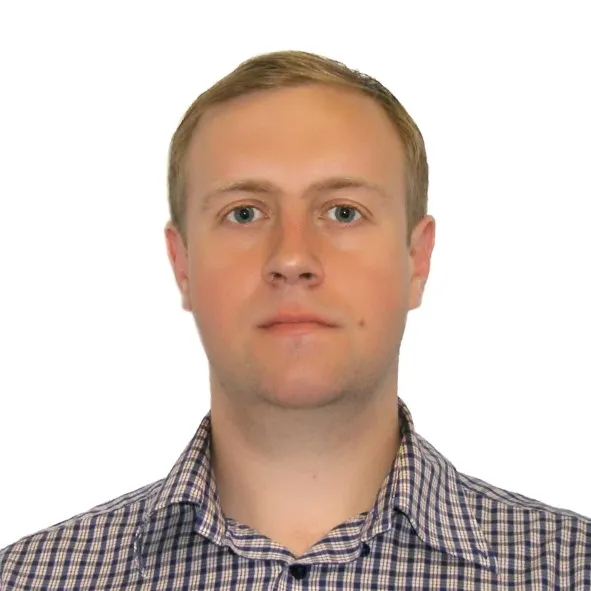Energy efficient coded random access with applications to massive machine-type communications
Prof. Alexey Frolov
Skolkovo Institute of Science and Technology (Skoltech)
Next generation of wireless networks are facing a new challenge: billions of new devices (dozens per person) with dramatically different traffic patterns are expected to go live in the next decade. This problem, known as massive machine-type communication (mMTC), has been a topic of active discussion in 5G standardization. To reduce hardware complexity and latency, and to improve energy efficiency, we focus on “grant-free” transmission (5G terminology), which means that active users transmit their data without prior communication with the base station. In this talk, we first discuss the similarity of the massive random multiple access problem with the problem of support recovery in noisy compressive sensing. Then we present an energy-efficient low-complexity iterative coding scheme and analyze it in a quasi-static Rayleigh fading MAC. The scheme is based on T-fold ALOHA where collisions of order up to T are resolved using carefully constructed low-density parity-check (LDPC) codes. In order to resolve the collisions, we propose an Expectation-Maximization (EM) based blind user decoding algorithm. Finally, we show, that the performance of this scheme is very close to theoretical bounds for a quasi-static Rayleigh fading MAC.
Alexey Frolov obtained his Specialist Diploma in Computer Science from the Bauman Moscow State Technical University (BMSTU) in 2010, and his Candidate of Sciences degree in Mathematics from the Institute for Information Transmission Problems of the Russian Academy of Sciences (IITP RAS) in 2012. Alexey has been a Senior Researcher at IITP RAS since 2013. In 2015-2016, Alexey was a project leader of a joint project of Huawei and IITP RAS on the investigation and development of error-correcting codes for the future 5G physical layer. Since 2017 Alexey has been an Assistant Professor at Skolkovo Institute of Science and Technology (Skoltech). He is a recipient of Russian Government Award in Science and Technology for Young Scientists (2016), Moscow Government Award for Young Scientists (2013) and Russian President Scholarship (2013). His research interests include information theory and its applications in telecommunications, storage systems and other areas.
